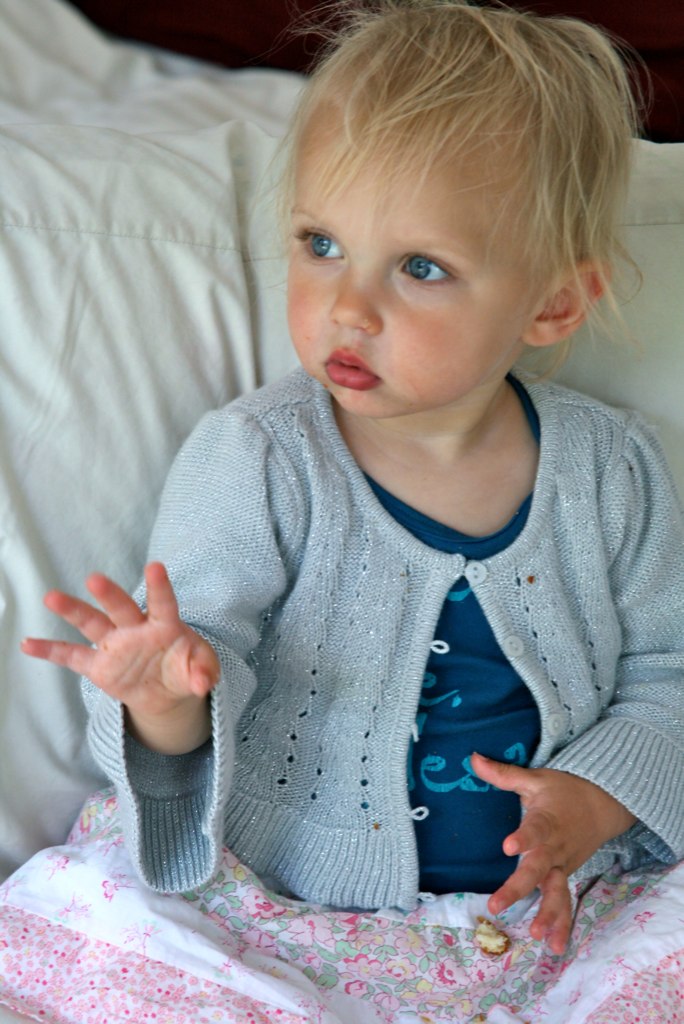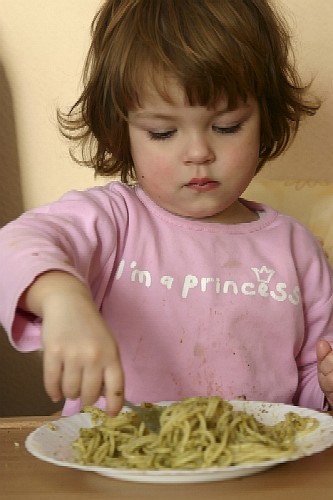Well, it has happened. My sweet baby is already becoming a willful toddler. The past week or so has been filled with frustrating moments for her and for anyone near her. She has begun to whine. She is clinging to us like she thinks we’ll disappear if we’re out of her sight. And of course, she’s also starting to walk.
Learning to walk and talk are HUGE developmental milestones for a baby and with the new development comes an equally big emotional response. Tears and frustration abound as we humans learn new skills and reach new levels of development. And it’s not just babies who experience the emotional ride of learning new skills. Children and adults of all ages have the same big feelings. When we reach a goal, there’s often a big emotional high and an accompanying let down.





